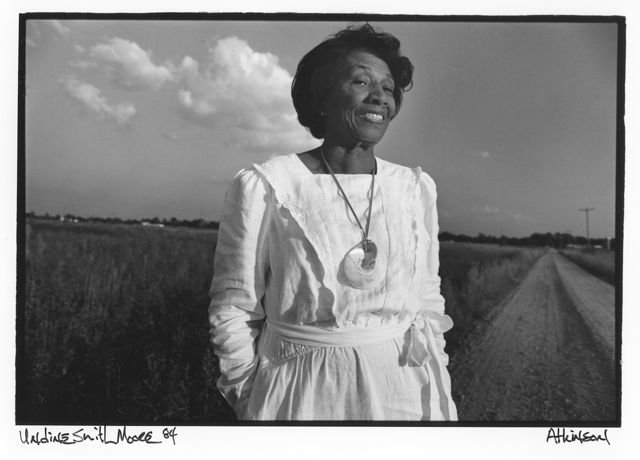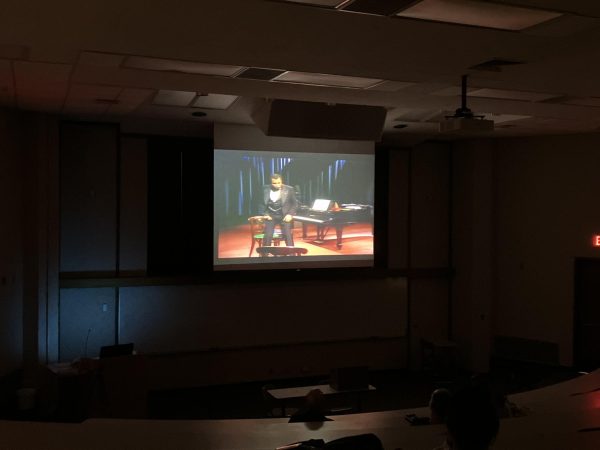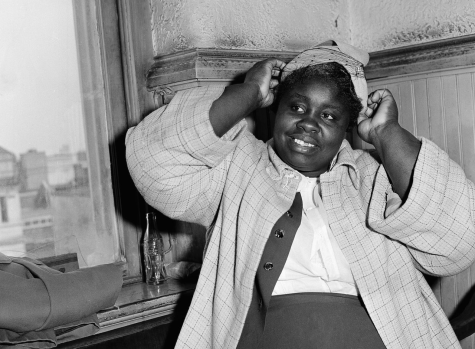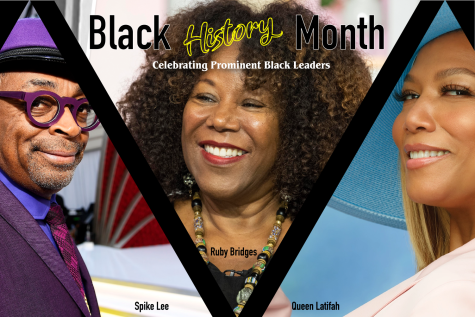Celebrating prominent Black leaders: Undine Smith Moore shares music with the world
Undine Smith Moore was an American composer and educator born in 1904. Throughout her teaching career, Moore strove to give Black composers, musicians and students the opportunity and recognition they deserved.
Through my participation in choral ensembles, I’ve had the opportunity to sing several of Moore’s choral arrangements, including “We Shall Walk Through the Valley” and “I Would Be True”. While I recognized the pieces as beautiful compositions, I had never considered just how challenging it would have been for Moore to bring them into the world.
Moore began composing at Fisk University in Nashville, Tennessee, where she studied piano. It was here that she became the first Fisk student to ever receive a scholarship from the Juilliard School of Music. She continued her education at Columbia University, earning a master of arts in teaching.
Moore taught music theory and composition at Virginia State College, where she co-founded and co-directed the school’s Black Music Center, which encouraged the study and performance of music by Black artists and composers.
Moore wrote over 100 musical works, writing pieces for piano, choral and various instrumental settings. Moore’s work was heavily influenced by her own culture and experiences. In many of her compositions, she included the African American melodies and spirituals that she learned from her parents.
Moore also composed her own arrangements of many existing spirituals, including “We Shall Walk Through the Valley” and “Daniel, Daniel, Servant of the Lord.”
Moore was also influenced by the injustices Black Americans faced during her lifetime. One of Moore’s more notable works is a choral and orchestral oratorio called “Scenes from the Life of a Martyr,” dedicated to Martin Luther King Jr. The work was nominated for a Pulitzer Prize in 1981.
Throughout her career, Moore received many awards recognizing her work and achievement, including the Virginia Governor’s Award in the Arts in 1985 and the National Association of Negro Musicians Distinguished Achievement Award in 1975. In 1977, Moore was also named music laureate for the state of Virginia.
Although only a fraction of her compositions were published during her life, Moore created a legacy through both her music and teaching. She created and spread art at a time when it was nearly impossible for Black women to do so and inspired others to follow in her footsteps.
Learning about Moore’s life and career has made me realize how truly lucky I am to be able to sing her arrangements. Had she not chosen to overcome the challenges facing Black women, no one would be able to experience the beauty of her music the way we can today.
Edited by Aja Carter and Simran Shrestha
Your donation will support the student journalists of Washburn University. Your contribution will allow us to purchase equipment and cover our annual website hosting costs.














